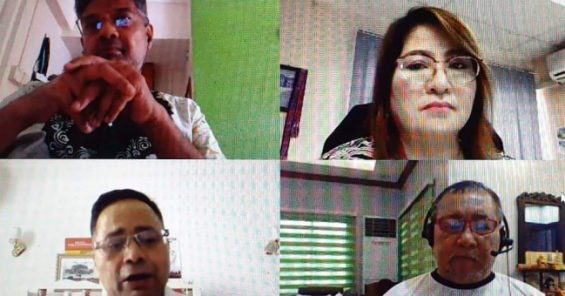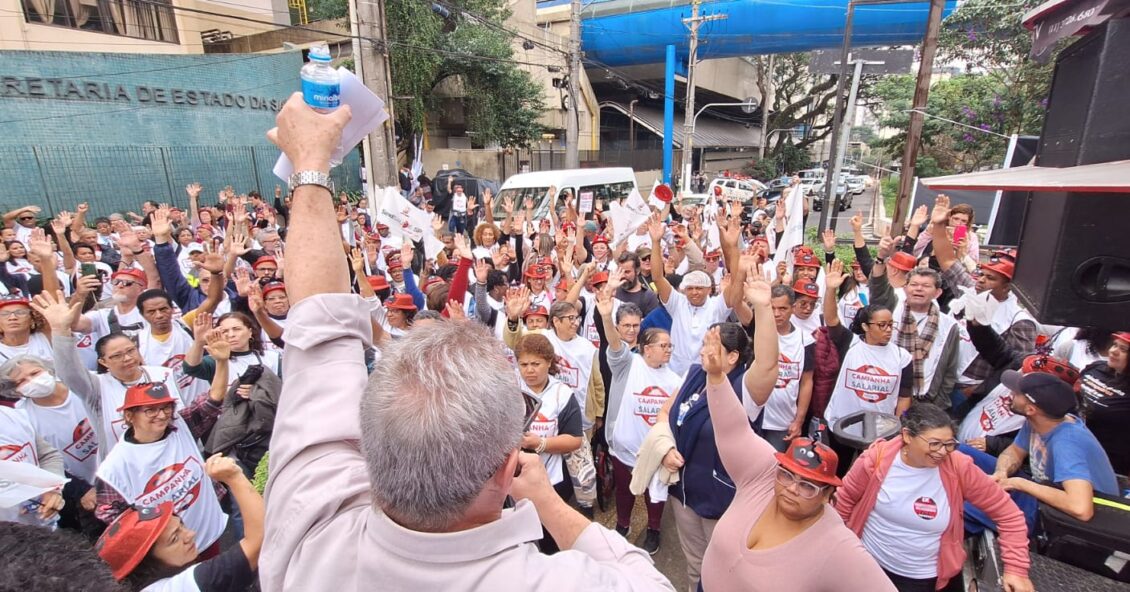Members of the UNI Apro Finance sector met online last week to discuss the challenges faced by bank unions during the pandemic lockdown in various ASEAN countries. Convened by Sister Catherine Jikunan, General Secretary of Sabah Banking Employees Union (SBEU), under the auspices of the ASEAN Bank Unions Council (ABUC), the online meeting examined the country situation updates of Malaysia, Philippines, and Indonesia. Brother Jesus Exequiel represented National Union of Bank Employees –Insurance and Finance Organization (NUBE-IFO), and Brother Gerard Seno from ALU presented for the Philippines while Kun Wardana, UNI Apro Director of ICTS, presented on behalf of Aspek Indonesia Finance.
Regional Secretary, Rajendra Acharya’s opening remarks foregrounded the general uncertain outlook facing the region. He also noted with concern the trend of anti-union measures by some governments during the pandemic lockdown. Priyalal Jayasri, Director of Finance Sector in the Apro region, observed that many banks are stepping up on using digital technologies during the lockdown periods which have implications for frontline workers. The challenge is for bank unions to find ways of ensuring job security for bank union members in post lockdown scenarios.
The overall situation facing banking unions are generally similar in terms of how banks are continuing to function during lockdowns but fulfilment of workers’ rights was uneven depending on the strength of the bank in the different countries. The key challenges lie in the likely downturn in bank business which will in turn affect job security.
The participants agreed to look further into the following recommendations that arose from the discussion:
- Advocate the coverage of hazard pay to bank workers in recognition of the danger of infection during the pandemic.
- Negotiate clear standards for work-from-home and telecommuting arrangements.
- Use social dialogue mechanisms to negotiate retooling/upskilling trainings to prepare employees for the accelerated adoption of fintech. More specifically, to:
- actively identify possible affected bank workers to re-train them for roles such as digital ambassadors to complement and facilitates the offering of digital banking services for traditionally offline customers;
- train bank workers to advise affected bank customers such as SMEs to make good use of various government assistance schemes rolled out to cope with the pandemic fallout;
- train bank employees to provide counselling and financial advisory services in countries like the Philippines which is expected to see the return of many overseas Filipino workers.
The ABUC will convene further online meetings to discuss the ongoing developments.


